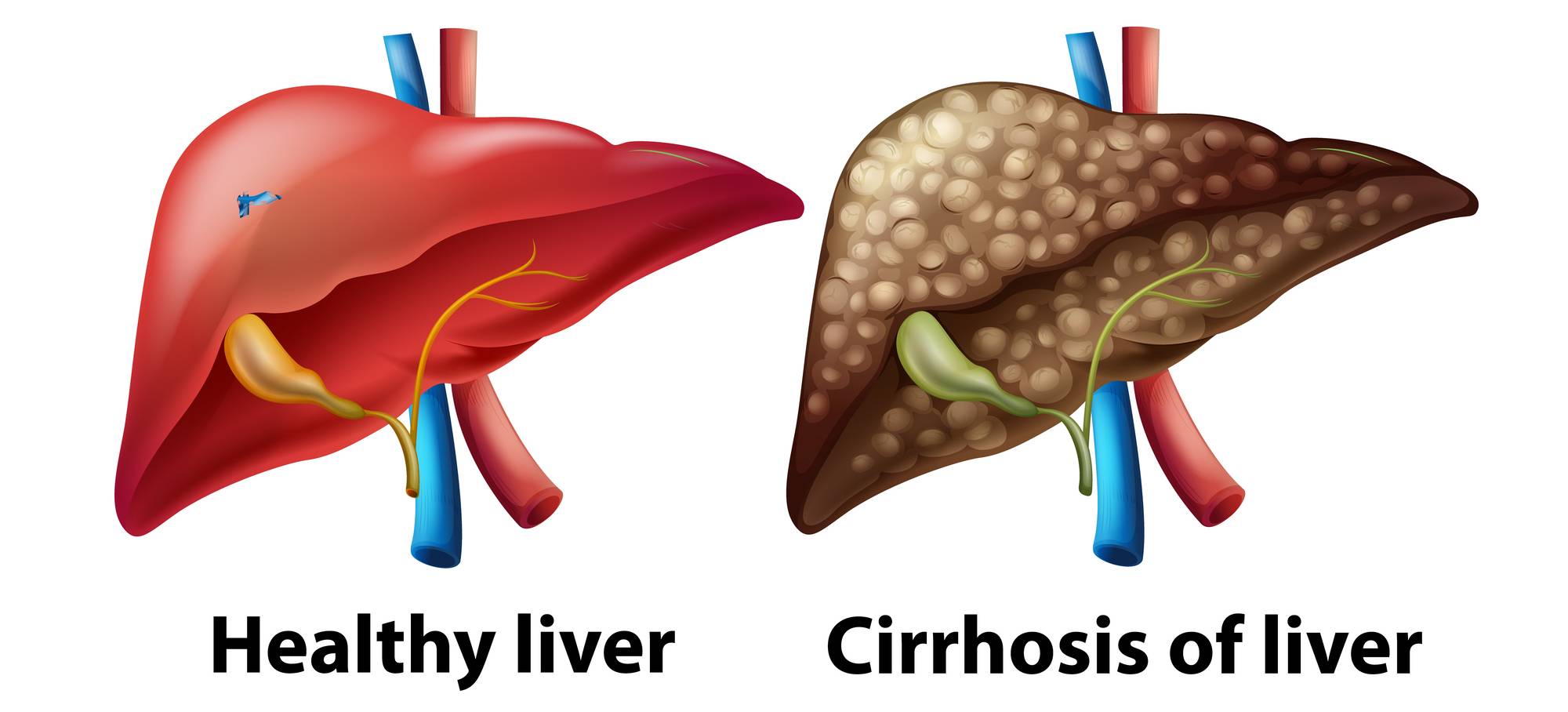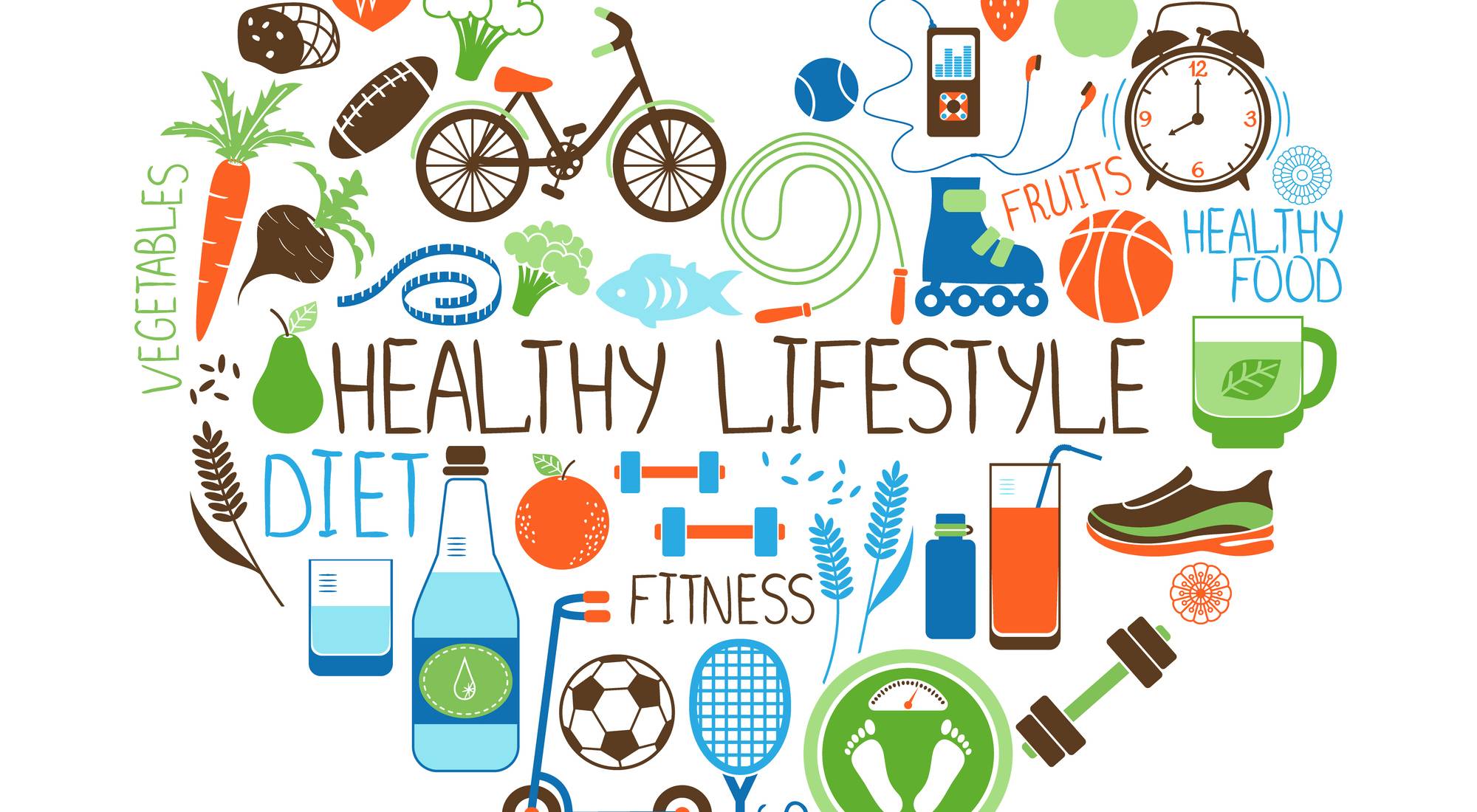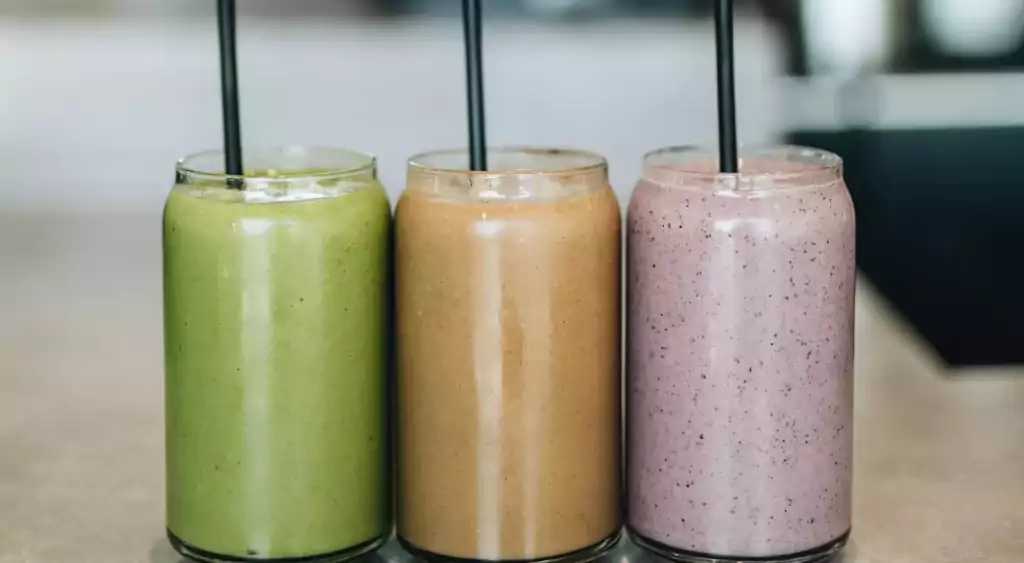Cleanses and detoxes have become increasingly popular in recent years as a way to “cleanse” the body and rid it of toxins. But despite the hype, these practices do not actually help to detoxify the body. In this blog post, we’ll explore why that is, and what you can do to support your body’s natural detoxification processes.
What is a Cleanse?

A cleanse is a short-term diet or regimen designed to remove toxins from the body. These regimens can range from juice fasts to water fasts to consuming only specific foods for a period of time. The idea behind a cleanse is to give the digestive system a break and allow the body to focus on elimination.
The Idea of “Detoxing”

Detoxification is the process by which the body removes harmful toxins and waste products. This process is carried out primarily by the liver, but other organs like the kidneys and lungs also play a role in our day-to-day life. The idea behind a cleanse is that it will help to remove toxins that have built up in the body and improve overall health.
The Flaws in the Concept of Cleansing

The primary flaw in the concept of cleansing is that there is little scientific evidence to support the idea that these practices actually help to remove toxins from the body. In fact, some cleanses may actually be harmful to the body, as they can deprive it of essential nutrients and lead to dehydration. It is just another way for “the wellness industry” to make money out of a “fad cleanse” or “fad juices” “fad diet regime” or even better one ”colon cleanse with coffee”. Consuming too many Oranges for Vitamin C is toxic, Drinking too much water causes osmosis, and consuming too much fiber can cause bloating and bowel obstruction. Anything you do or consume too much can cause toxicity in the body. Everything has its balance and following a balance is important. It also applies to exercise and sleep and other daily activities which you think might be a good “cleanse” or “detox”.
The Body’s Natural Detoxification Processes

The body has its own natural detoxification processes that work constantly to remove toxins and waste products through the liver, lungs, kidneys through our colon, and ureter. The liver plays a key role in absorbing nutrients from the food that we eat and then starts the elimination process by breaking down toxins and converting them into compounds that can be eliminated from the body by solid waste. The kidneys also play an important role by filtering waste products from the blood and excreting them in urine. The lungs also filter the carbon dioxide and other harmful gases as we exhale and our colon does get rid of the solid waste from our body.
The Benefits of a Healthy Lifestyle

While cleanses may not actually help to detoxify the body, there are things you can do to support your body’s natural detoxification processes. Eating a balanced diet that includes a variety of vegetables, healthy fats, and protein can help to provide the nutrients your body needs to carry out detoxification. Staying hydrated is also important, as it helps to flush toxins out of the body. Exercise, sleeping, and stress reduction can also help to support the body’s natural detoxification processes. Consuming foods which are not packaged, more naturally grown, or grass-fed livestock, meaning where the meat is not processed and packaged with a lot of additives, preservatives, or food coloring- can reduce and keep our bodies more healthy.
In Conclusion,
While the idea of “detoxing” the body through a cleanse or another regimen may sound appealing, there is little evidence to support the effectiveness of these practices. Instead, focusing on a healthy lifestyle that includes a balanced diet, plenty of water, exercise, 8 hours of sound-less sleep, and stress reduction is the best way to support your body’s natural detoxification processes and promote overall health.









